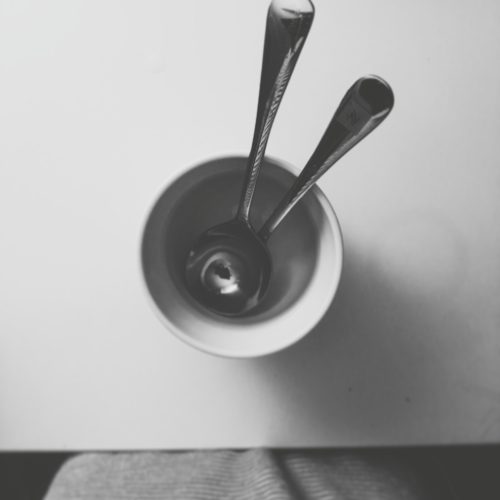What is the right water for making coffee?
What water are you preparing it with?
I've been facing a lot of coffee superstitions lately, or some kind of beliefs, and the topics related to water for making coffee are the ones that generate the most questions.
Questions and doubts about water that are winning:
- The battle of the "correct" coffee recipes for different methods (Coffee recipes aren't set in stone; it's good to experiment, not just repeat after someone else. They have a different coffee, different water, a different grinder – why repeat? Hoping it will work anyway?))
- the idea that roasting for espresso should be darker ((only if you want it that way or for some reason you got used to it, but it is definitely not mandatory),
- and the question "Why does coffee taste salty?" (because it is under-extracted).
And yet, among all of these, the water issue continues to create a lot of confusion.
To name a few: some people defend their position that the softer the water, the fewer minerals it has, the better it is for making coffee (question: “Why not use distilled water?” It has none at all, so I guess the coffee will taste better?).
Some people opt for alkaline water, believing that a higher pH contributes positively to the flavor of coffee prepared with that water.
Maxwell Colonna-Dashwood and Christopher H. Hendon have already addressed the topic of water in coffee in their book, Water for Coffee: a must-read for those interested in the subject, focusing on how water works and what elements contribute to coffee flavor and how. Consult this book if you want to understand why low-mineralization water isn't the best choice for making coffee, and why coffee water shouldn't have a pH of around 9 or 5.
The truth is that coffee lovers around the world continue to search for the best water for making coffee.
So… What is the right water for making coffee?
I'll answer this question from the perspective of a roaster and coffee drinker, leaving aside the "coffee geek" (being a coffee geek is useless...).
The right water for brewing a particular coffee from a particular roaster is the water that roaster uses to taste their coffee when looking for the roast profile. Period.
You may ask me why.
Why can't I use water "X" because I consider it to be the best water for making coffee?
Or “Y” water which is very soft?
Or “Z” water that…
The truth is that you can.
And if you've learned enough about water and what contributes to coffee extraction, you can even make your own water with ingredients you can easily buy at the pharmacy. It's all fine, really, as long as you don't claim that only this particular water is suitable.
But there is one important detail, no matter what water you choose to use.
There is already water involved. Before you even brew the coffee you get, that coffee has already been tested. With a particular water. The roaster was cupping it with a certain water, and was guided by the results of that cupping, looking for a specific roast profile. He, intentionally or subconsciously, tuned the coffee to the particular water.
And that will be the best water to drink that coffee, whether you want it or not.
Roasted coffee is always roasted to a specific water temperature, and it would make life much easier, and coffee drinkers more satisfied, if that idea had been communicated more widely. Every bag of coffee you've ever bought was roasted to the water temperature the roaster uses at the location where they cup the coffees. Whether the coffee is from Sweden, Norway, Denmark, the United States, or Germany, each of them is water-roasted in their cupping rooms.
It's probably happened to you before. You bought a coffee from a beloved roaster, opened the bag, brewed it at home... And you weren't impressed, or rather, disappointed?
Most likely it's because the water you used and the water the coffee was roasted in were dramatically different.
The message I want to convey with this post is simple. Buying locally roasted coffee, aside from the benefit of fresh roasting, has an additional benefit, hidden from public view, but ultimately even more important. Local roasters probably roast for local water. They roast for the water you have at home.
What does this mean in practice? You can literally make your coffee with tap water and get wonderful results.
So… What water are you making your coffee with?
